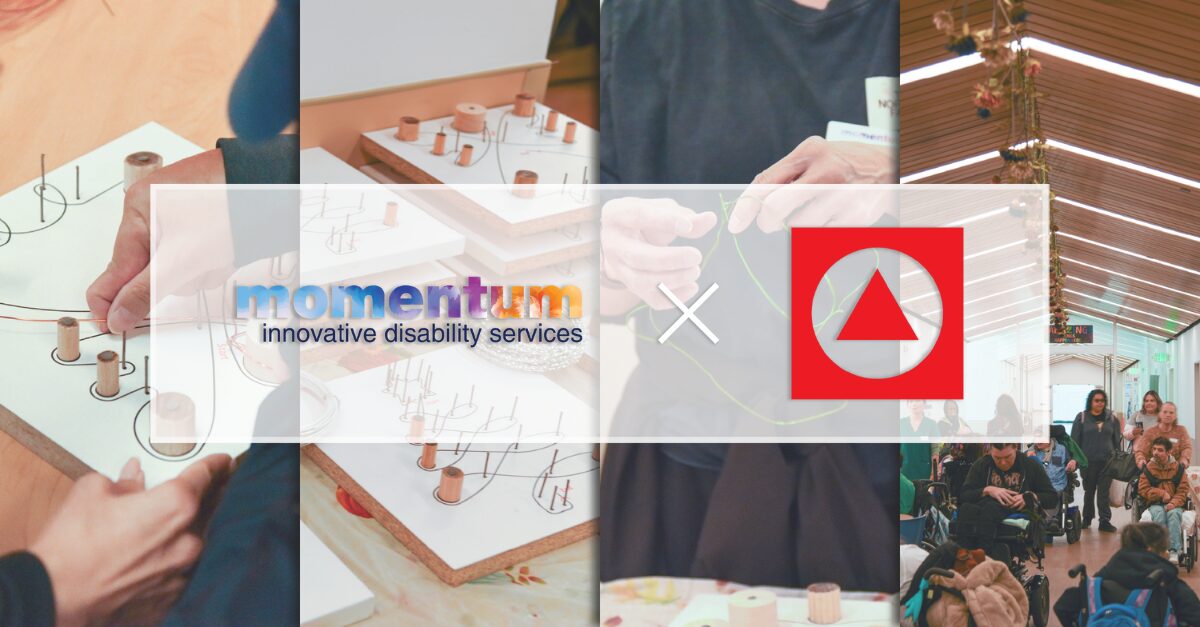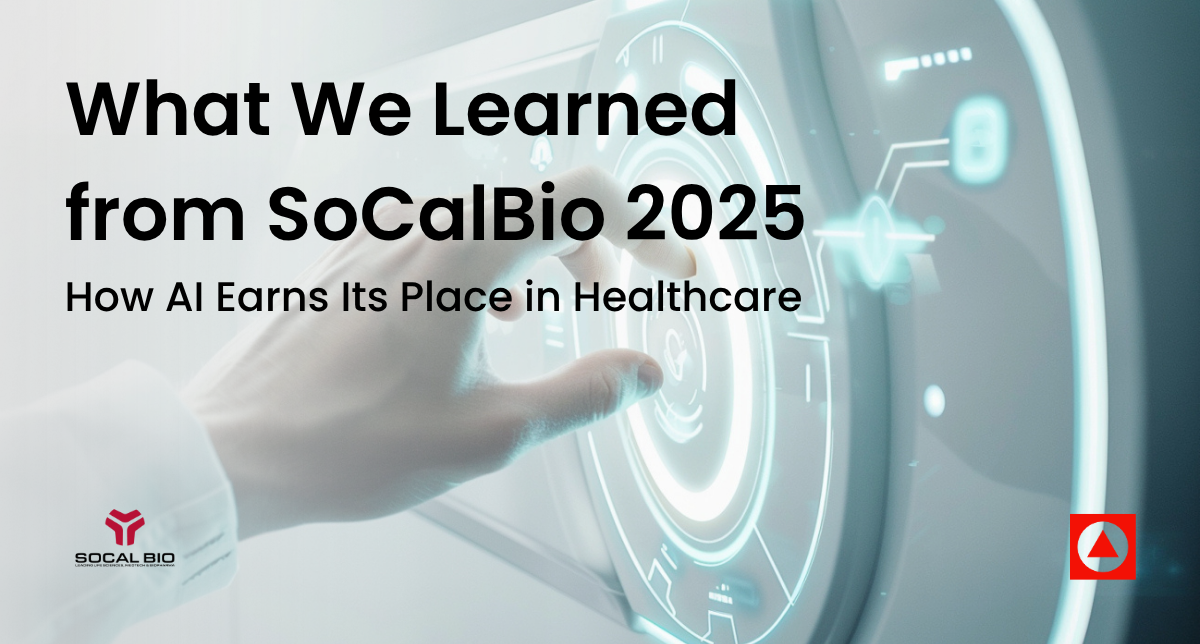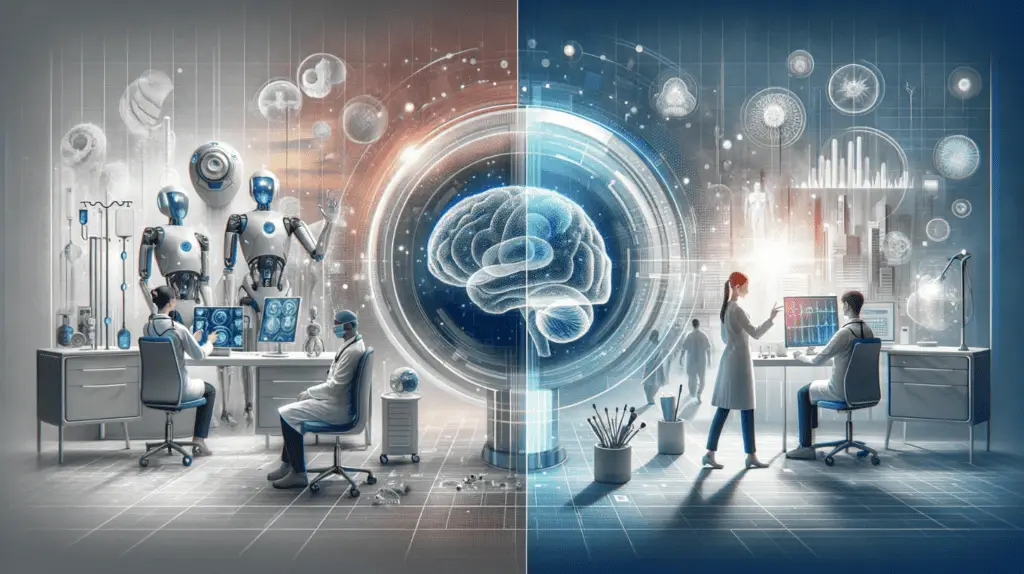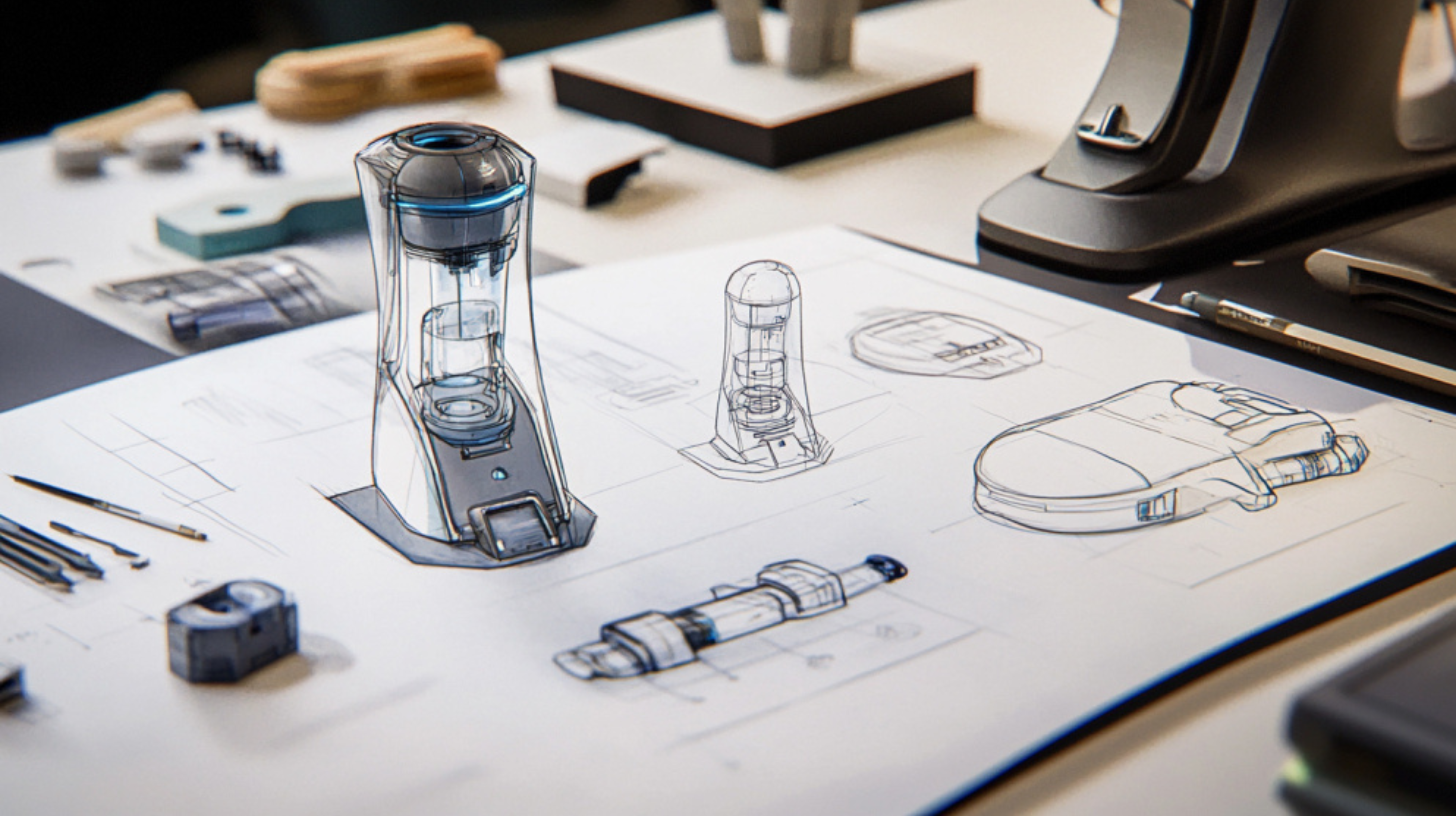The integration of AI in healthcare product design is set to revolutionize patient care, but what does the future hold? In the final part of our series, Ravi Sawhney and Lance Hussey discuss the evolving landscape of AI in healthcare product design over the next decade.
How will AI reshape the roles of medical professionals and improve patient outcomes?
Envisioning the Future
 They explore how AI will enhance diagnostics, treatment plans, and overall patient care by leveraging vast data resources and advanced algorithms. This article envisions a future where AI not only augments medical professionals’ capabilities but also ensures that patient care remains at the forefront. By anticipating the advancements and refining the technology, the healthcare industry can prepare for a future where AI-driven healthcare solutions lead to longer, healthier lives. Join us as we look ahead to the transformative impact of AI on healthcare product development and discover how design consultancies like ours can lead the conversation in integrating AI in ways that enhance human-centered care.
They explore how AI will enhance diagnostics, treatment plans, and overall patient care by leveraging vast data resources and advanced algorithms. This article envisions a future where AI not only augments medical professionals’ capabilities but also ensures that patient care remains at the forefront. By anticipating the advancements and refining the technology, the healthcare industry can prepare for a future where AI-driven healthcare solutions lead to longer, healthier lives. Join us as we look ahead to the transformative impact of AI on healthcare product development and discover how design consultancies like ours can lead the conversation in integrating AI in ways that enhance human-centered care.
Enhancing Diagnostics and Treatment Plans
AI’s potential to enhance diagnostics is one of the most exciting aspects of its integration into healthcare product design. By analyzing vast amounts of medical data, AI can identify patterns and anomalies that might be missed by human eyes. For instance, AI algorithms can process medical images with higher accuracy, leading to earlier and more precise diagnoses. This capability is particularly beneficial in fields like radiology and pathology, where detailed image analysis is crucial.
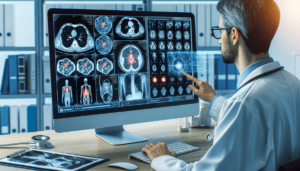 In addition to diagnostics, AI can revolutionize treatment plans. By leveraging data from various sources, AI can help doctors develop personalized treatment plans tailored to each patient’s unique medical history, genetics, and lifestyle. This personalized approach can improve patient outcomes and reduce the likelihood of adverse reactions to treatments. AI can also monitor patient progress in real-time, allowing for adjustments to treatment plans as needed, ensuring optimal care throughout the treatment process.
In addition to diagnostics, AI can revolutionize treatment plans. By leveraging data from various sources, AI can help doctors develop personalized treatment plans tailored to each patient’s unique medical history, genetics, and lifestyle. This personalized approach can improve patient outcomes and reduce the likelihood of adverse reactions to treatments. AI can also monitor patient progress in real-time, allowing for adjustments to treatment plans as needed, ensuring optimal care throughout the treatment process.
Transforming the Roles of Medical Professionals
The integration of AI in healthcare will inevitably transform the roles of medical professionals. Rather than replacing doctors and nurses, AI will augment their capabilities, allowing them to focus on more complex and nuanced aspects of patient care. For example, AI can handle routine tasks such as data entry, scheduling, and preliminary analysis, freeing up medical professionals to spend more time with patients and address their specific needs.
Moreover, AI can assist in surgical procedures by providing real-time data and recommendations, thus enhancing precision and reducing the risk of complications. In fields like oncology, AI can analyze large datasets to identify the most effective treatment protocols for different types of cancer, helping oncologists make informed decisions more quickly.
Addressing Ethical Concerns
The benefits of AI in healthcare are numerous. One of the most significant advantages is its ability to streamline the diagnostic process. By leveraging AI, healthcare professionals can diagnose diseases earlier and with greater accuracy, leading to better patient outcomes. Additionally, AI-driven healthcare solutions can enhance the efficiency of healthcare systems by optimizing resource allocation, reducing waiting times, and improving the overall patient experience.
Ethical Considerations and Challenges
 As AI becomes more integrated into healthcare product design, it is crucial to address ethical concerns, particularly around data privacy and bias. Protecting patient data must be a top priority. Robust encryption methods, anonymization techniques, and strict access controls can help safeguard sensitive information. Ensuring compliance with regulations such as HIPAA is essential to maintaining patient trust.
As AI becomes more integrated into healthcare product design, it is crucial to address ethical concerns, particularly around data privacy and bias. Protecting patient data must be a top priority. Robust encryption methods, anonymization techniques, and strict access controls can help safeguard sensitive information. Ensuring compliance with regulations such as HIPAA is essential to maintaining patient trust.
To mitigate bias, AI systems must be trained on diverse and representative datasets. Continuous monitoring and updating of algorithms are necessary to identify and correct any biases that may arise. Transparency in AI decision-making processes is also vital. By making AI algorithms explainable and auditable, healthcare providers can ensure accountability and build trust with patients and other stakeholders.
The Role of Design Consultancies
Design consultancies play a pivotal role in integrating AI into healthcare product design in a way that enhances human-centered care. By employing human-centered design methodologies, consultancies can ensure that AI solutions are intuitive, accessible, and aligned with the needs of both medical professionals and patients. This involves conducting thorough research, including ethnographic studies and user interviews, to understand the real-world context in which AI will be used.
Consultancies can also lead the conversation on ethical AI use by advocating for best practices and standards that prioritize patient safety and equity. By collaborating with healthcare providers, policymakers, and technology developers, design consultancies can help shape the future of AI in healthcare, ensuring that innovations are both technologically advanced and ethically sound.
The Next Decade of AI in Healthcare
 The next decade promises significant advancements in AI that will transform healthcare product design. In the near term, we can expect breakthroughs in diagnostic accuracy, personalized treatment plans, and patient monitoring. These innovations will lead to better patient outcomes and more efficient healthcare systems.
The next decade promises significant advancements in AI that will transform healthcare product design. In the near term, we can expect breakthroughs in diagnostic accuracy, personalized treatment plans, and patient monitoring. These innovations will lead to better patient outcomes and more efficient healthcare systems.
Over the longer term, AI will continue to evolve, with ongoing refinements and improvements based on real-world use. As AI systems become more sophisticated, they will start to self-innovate, identifying new solutions and applications that were previously unimaginable. This iterative process of development and refinement will ensure that AI-driven healthcare solutions remain cutting-edge and effective.
Looking Ahead:
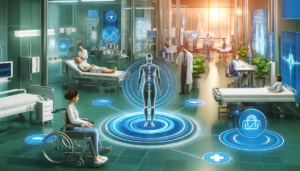 The future of AI in healthcare product design is bright, with the potential to revolutionize patient care and improve outcomes across the board. By enhancing diagnostics, personalizing treatment plans, and augmenting the roles of medical professionals, AI can lead to longer, healthier lives. However, it is essential to address ethical concerns and ensure that AI is integrated in a way that prioritizes human-centered care. Design consultancies have a critical role to play in this process, leading the conversation and advocating for best practices. As we look ahead, the healthcare industry must prepare for a future where AI-driven innovations are both technologically advanced and ethically sound, paving the way for a new era of patient care.
The future of AI in healthcare product design is bright, with the potential to revolutionize patient care and improve outcomes across the board. By enhancing diagnostics, personalizing treatment plans, and augmenting the roles of medical professionals, AI can lead to longer, healthier lives. However, it is essential to address ethical concerns and ensure that AI is integrated in a way that prioritizes human-centered care. Design consultancies have a critical role to play in this process, leading the conversation and advocating for best practices. As we look ahead, the healthcare industry must prepare for a future where AI-driven innovations are both technologically advanced and ethically sound, paving the way for a new era of patient care.


